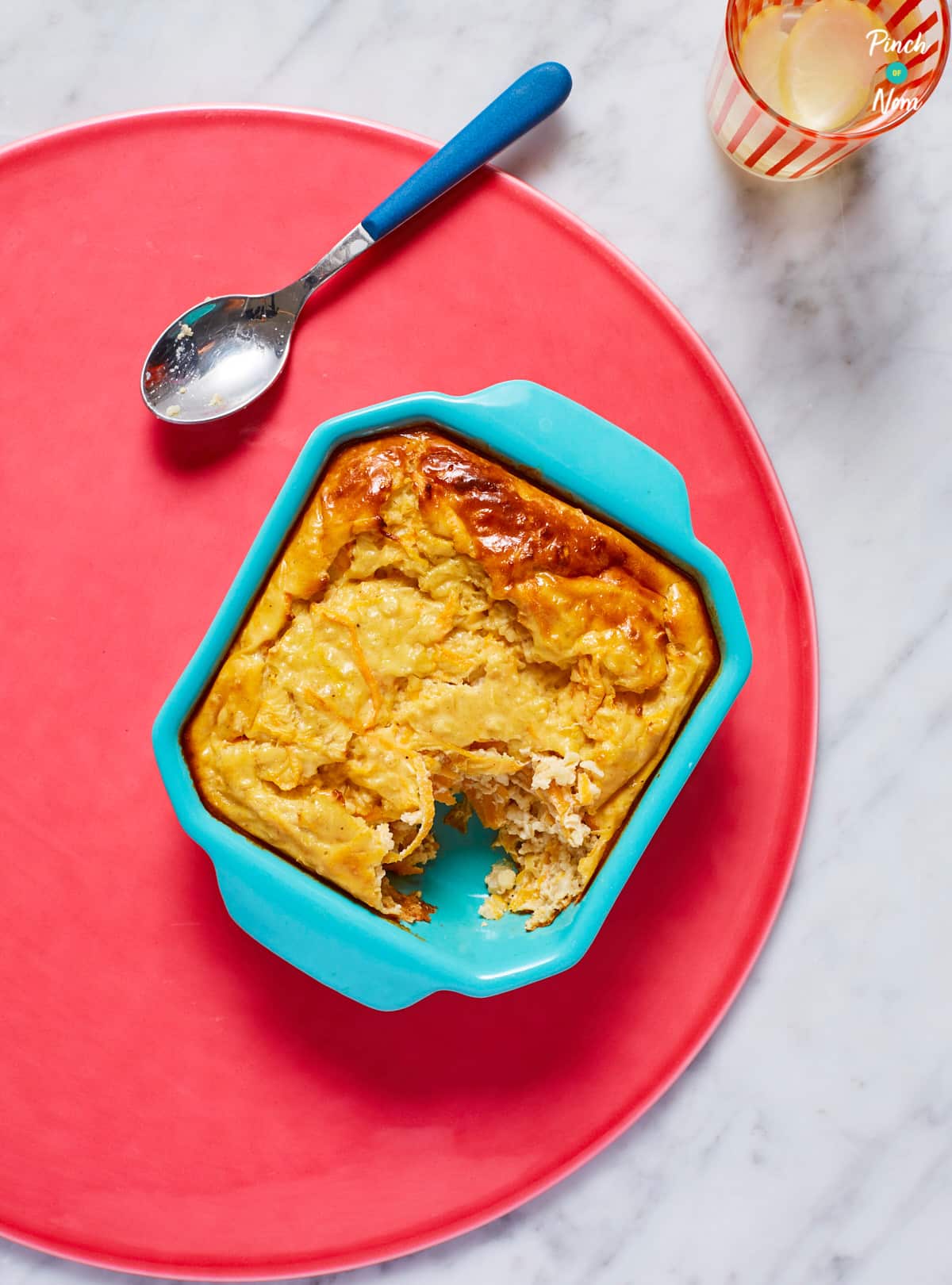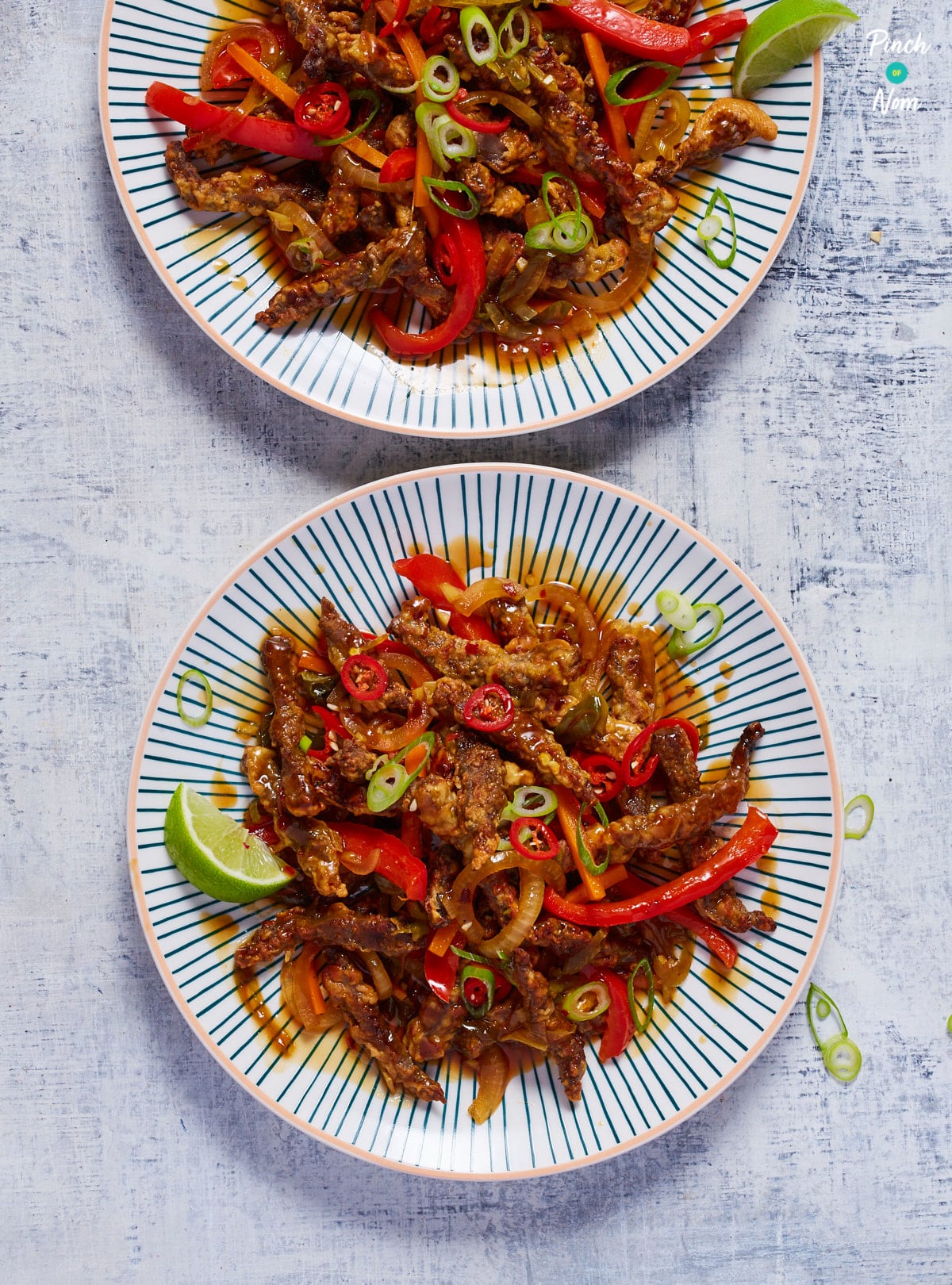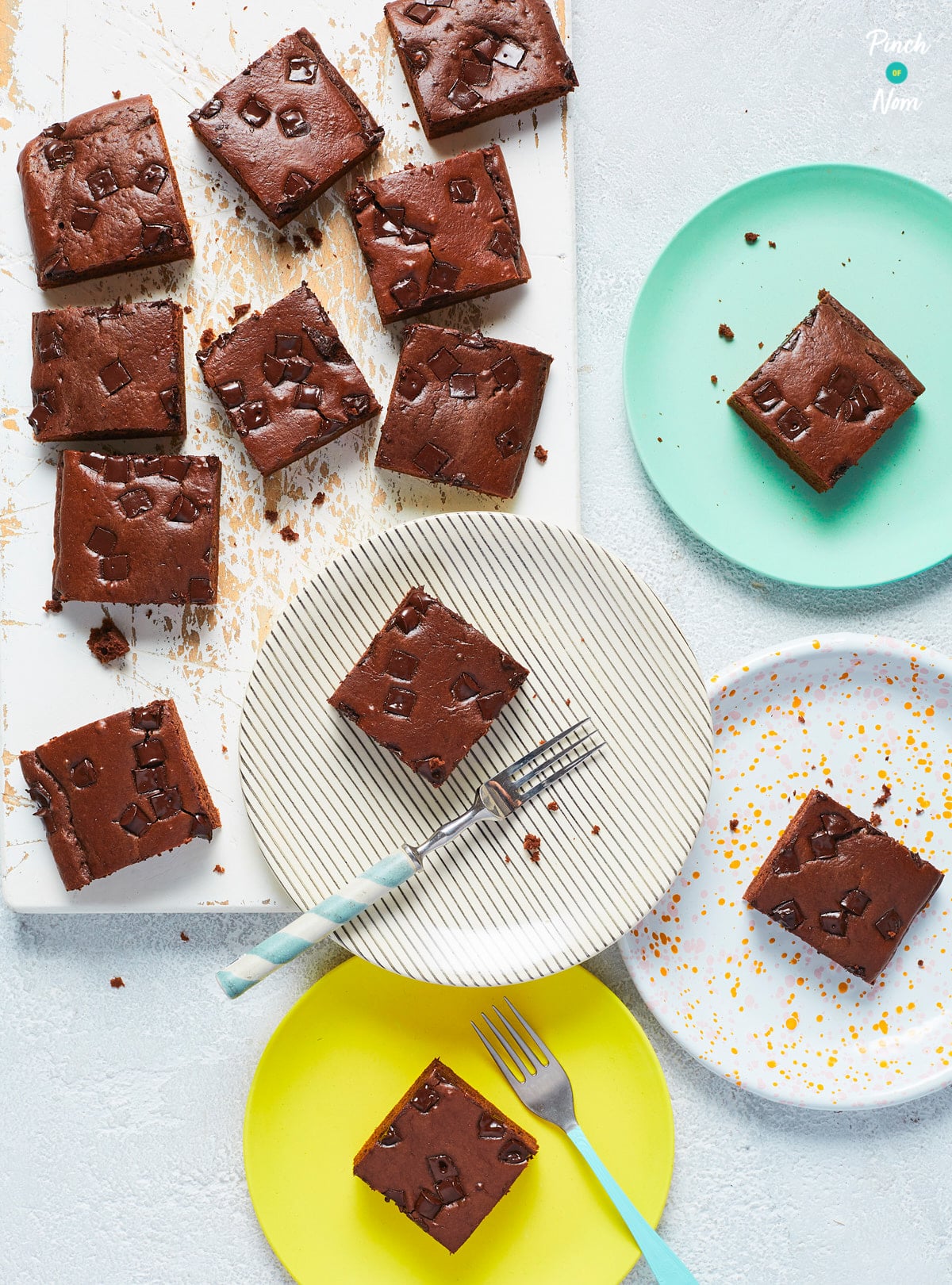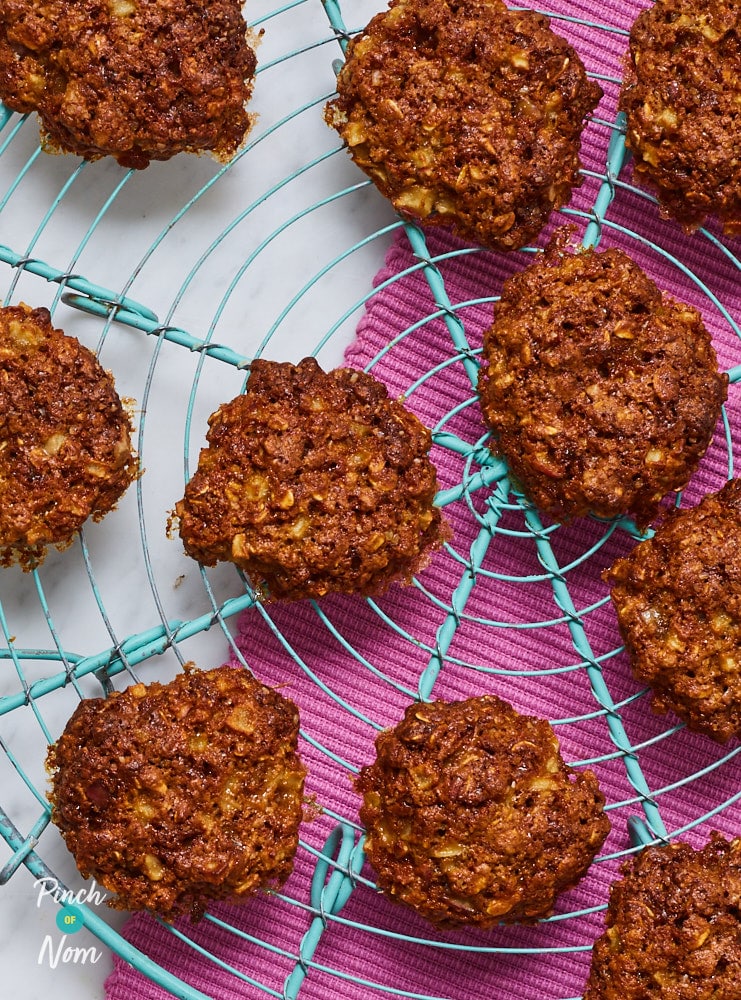Which Type of Sweetener Should I Use?
There are LOTS of different sweeteners on the market, and we understand it can feel quite overwhelming when trying to choose the right one!
We’ve seen a few questions over on our Facebook Group from people about which type of sweetener is the best for particular recipes, so we’ve pulled together this quick reference guide to the different sweeteners available, and how to use them!
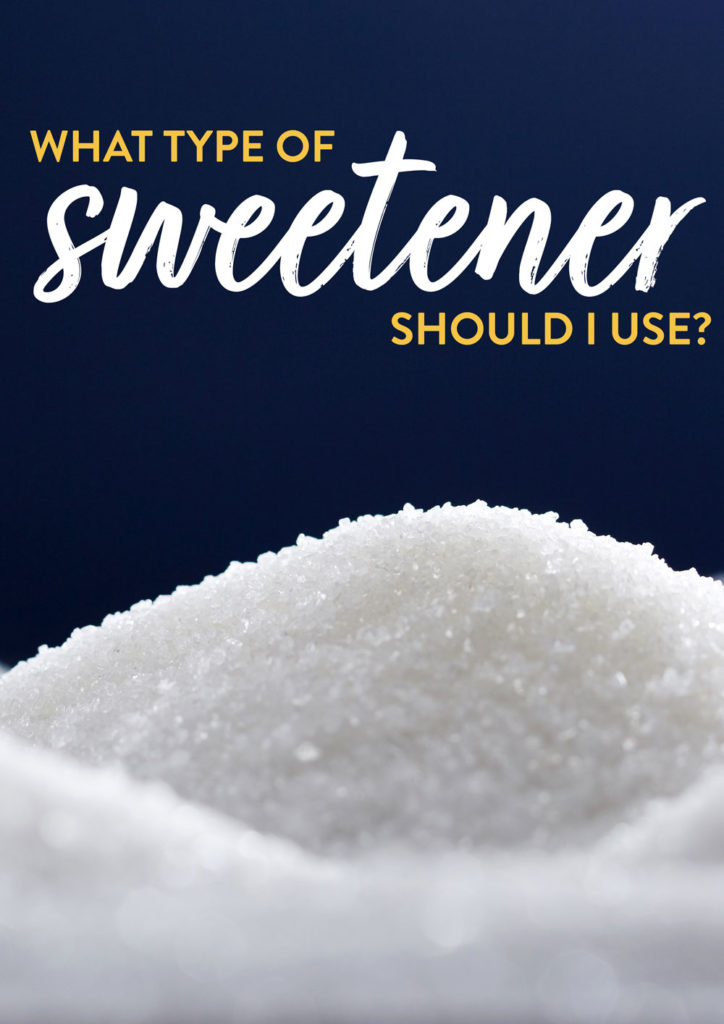
Can I use sweetener just like sugar?
It depends!
When looking at a recipe that uses sweetener instead of sugar, always check what specific type of sweetener the recipe calls for, especially for baking; this will make a BIG difference to the end result!
Different types of sweetener will have varying sweetness and weight-for-weight can be completely different. Some of them you can use the exact same measurement, others you’ll need to reduce the amount considerably or you’ll end up with a super sweet recipe by accident.
For example, 100g of granulated sweetener is around 7tbsps, but 100g of powdered sweetener is almost a full tub!
We always recommend you check the packaging to see how it compares to sugar, and some brands even have conversion guides on their websites, like this one from Splenda.
The most important piece of advice is to add sweetener SLOWLY if you’re not sure. You can always add more if the recipe isn’t sweet enough, but if you add too much you can’t undo it!
What is powdered sweetener?
This is the sweetener most commonly found in the tea and coffee aisle at the supermarket: light and powdery and weighs much less than sugar.
It’s a fine powder, rather than granulated – that’s because it contains something called Maltodextrin to bulk it out, they often also include stevia, sucralose or xylitol.
We do not use sweeteners in our recipes that contain Maltodextrin. If it says this on the label of your sweetener – it is the wrong type, and you will have to use far less sweetener than specified by the recipe.
They’re often a lot sweeter than sugar, so you only need a small amount in tea, coffee or on cereal and porridge for a burst of sweetness.
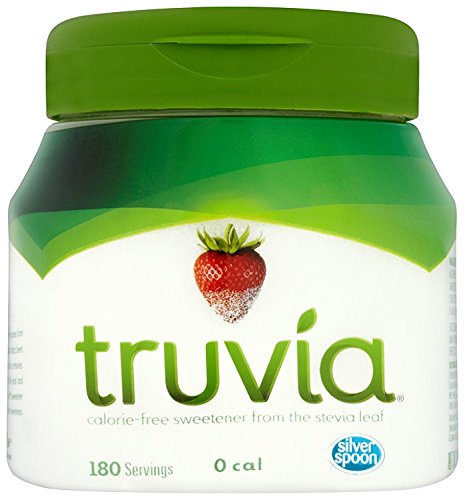
Powdered sweetener is the best budget-friendly ‘everyday’ sweetener, but it’s not great for baking as it can lose sweetness and isn’t like-for-like comparable to sugar.
Sprinkle a tiny amount over Carrot Cake Baked Oats if you like them extra sweet!
What is granulated sweetener?
This type of sweetener has larger ‘crystals’, more akin to actual sugar but without the calories! Weight for weight, you can use this interchangeably with sugar. This is often a sweetener called erythritol, but you can get granulated forms of stevia and some others too.
We use this type of sweetener in most of our recipes, like our Crispy Chilli Beef. Powdered sweetener can be used, but you’ll need FAR less than granulated.
We’d recommend avoiding some of the cheaper brands, as you really can taste the difference. Look out for ‘granulated’ or ‘bakes like sugar’ on the packaging! This is the exact one we use in recipes calling for granulated sweetener, and a little really does go a long way.
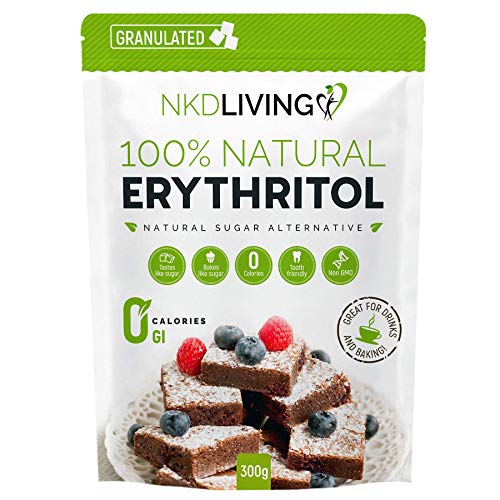
It also works out cheaper to buy a bigger bag too.
This is the one to use in recipes that would typically use sugar, like our slimming friendly Chocolate Brownies:
Is there a brown sugar alternative?
Some recipes, especially baked desserts, use brown sugar for its distinctive flavour and texture. Luckily, there is a brown sugar alternative that’s low-calorie and suitable for those following slimming plans!
We have used Sukrin Gold for a long time, and we recommend it for those recipes that call for brown granulated sweetener. It’s a little harder to find in supermarkets, but you can find it online and on Amazon.
You can find other branded alternatives, but make sure you check the label to make sure it’s granulated and can be used the same as sugar. This is SO important!
It’s not the cheapest you can find, but when it comes to sweeteners we’ve found that cheaper brands often have a chemical aftertaste, so it’s worth investing. A bag like this one should last you a while:

It adds texture, a distinctive crunch and sweetness, and it’s tried and tested in recipes like our Apple Pie Cookies:
Are sweeteners safe?
There is still some debate about artificial sweeteners, but don’t worry: they’ve been extensively tested and reviewed, and all of the artificial sweeteners sold in the UK will have been approved for everyone to enjoy!
As a reminder, always add your sweetener SLOWLY if you’re not sure. You can always add extra sweetness, but you can’t take it away!
We get lots of product suggestions and questions in our Facebook Group, where we have nearly 1 million awesome members that are ready to help, inspire and motivate you on your weight loss journey. What are you waiting for? Join here!
